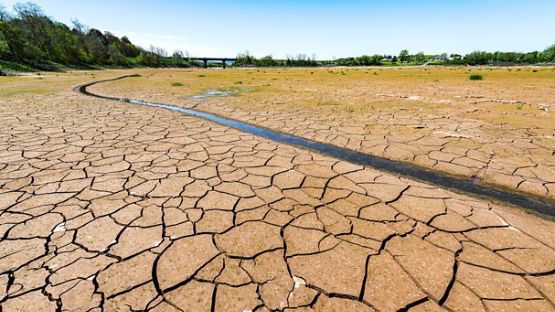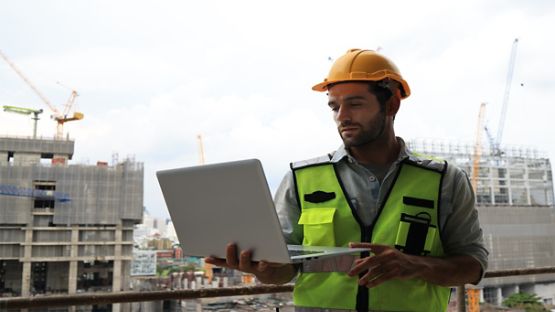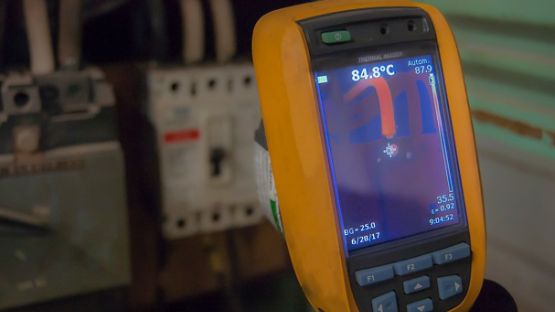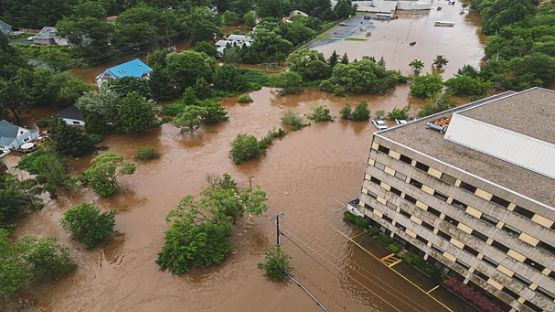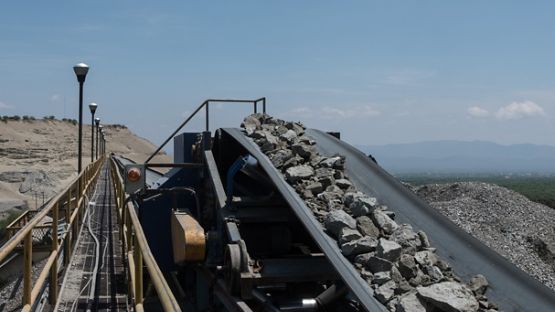It started out as a simple problem: the security team at a condo tower under construction discovered a water leak after hours. They called the construction manager who directed them to shut off the water valve for the whole building. It took some time for the security team to find the valve which caused the leak and water damage to worsen. Afterwards, the construction company didn’t call in a water remediation company or notify their insurance company to enter a claim for the water cleanup. Over the next few weeks, the construction team cleaned up the water, conducted repairs and continued with the building project.
Months later, construction in the condo was complete. Residents had already begun moving in when mold and other damage to drywall and insulation was detected. Upon investigation, water damage was found to be behind walls and in other places where the construction company had built upon it.
The construction company was called in to answer to the damage and was surprised to discover that they hadn’t properly handled the original water issue. While they were experts at construction, they were not experts in water remediation. What could have been corrected during the construction phase for tens of thousands of dollars and a minimal delay cost almost $1,000,000 and caused significant disruption to condo owners as structural components were torn out and replaced.
Ultimately, the construction company’s insurance carrier covered the cost, but most of it could have been avoided had they taken the right steps when the water damage was first discovered.
Impact of water damage, mitigation, and lack of proper restoration services
A claims review identified several factors that drove up the costs, including:
- The construction site had no water valve map. Shutting off the water valve on the affected floor would have been a better option to protect the property. And, even when the main valve was shut off, there was significant water in the system that continued to flow out.
- There was no training on water valve shutoffs. Since no one had a clear line of sight to all water valve shutoffs, there was a significant delay in the response. This led to significantly more water damage on the property.
- No one contacted the construction company’s insurance company or broker. Insurance companies have experience with water damage claims. Their broker could have advised the construction manager on whether a water restoration company would be required to properly clean up the water and connected them to a reputable company. They would also have been able to help identify problem areas during the construction phase before they continued to build.
- There was no water mitigation process in place. The construction company didn’t have a system to identify a leak or cold temperatures that would automatically shut down the water valves and send an alarm.
How to avoid serious water damage in your building through a mitigation process
Every commercial building and property should have a water mitigation plan that identifies potential water exposures. It should also have safeguards that would ensure substantial damage would be avoided in case of a water leak or other breach. The plan would include:
- A map of the facility identifying all water valves, domestic and sprinkler systems
- A plan to ensure that there are trained personnel on-site at all times on-call 24/7
- Pre-water incident training of all staff to ensure they know where shut-off valves are and how to report a leak
- A plan of action to immediately bring in the insurance company and water mitigation company when there is a leak so it can be professionally assessed and addressed before further damage can occur
- A consideration to install water mitigation technology during the construction process that automatically shuts down the water system if a leak is detected or temperatures are too cold
If a commercial building is under construction, it’s important that both the construction company and the building owner have a water mitigation plan and a clear plan of action in case there is a water event. There should be clear communication between the two parties to ensure proper action is being taken each step of the way.
Want more information on water remediation?
Aviva Risk Management Solutions has professional risk consultants across Canada to provide our customers with expert advice and resources. Reach out to us at arms.canada@aviva.com.







